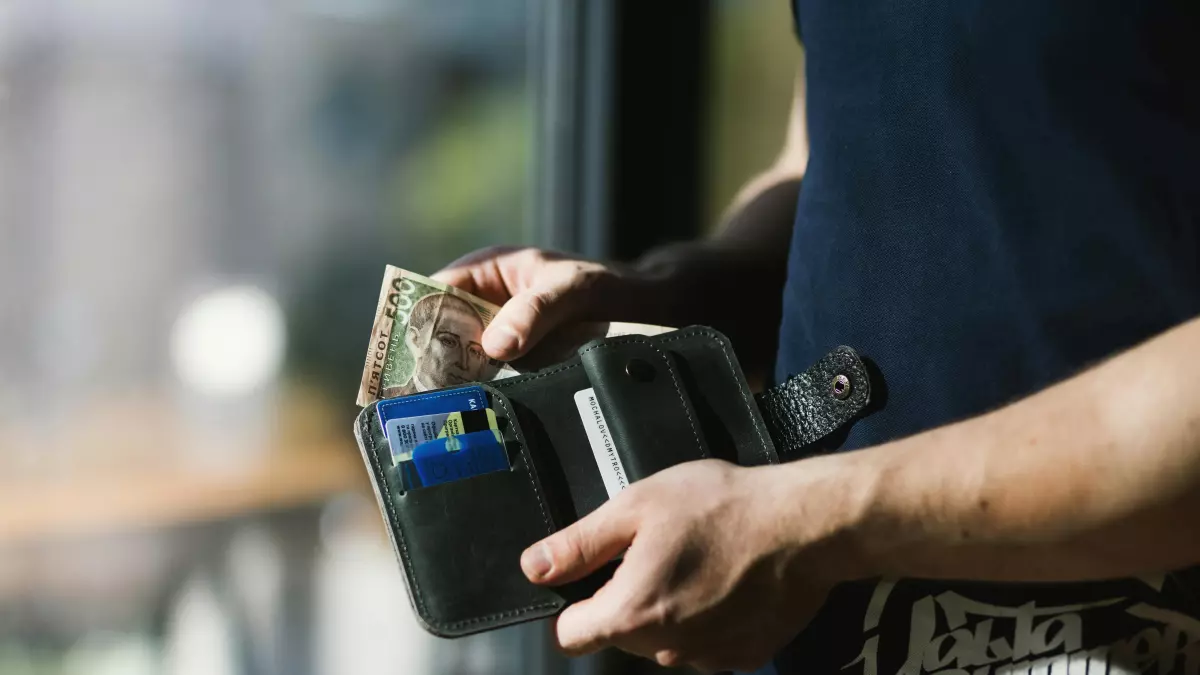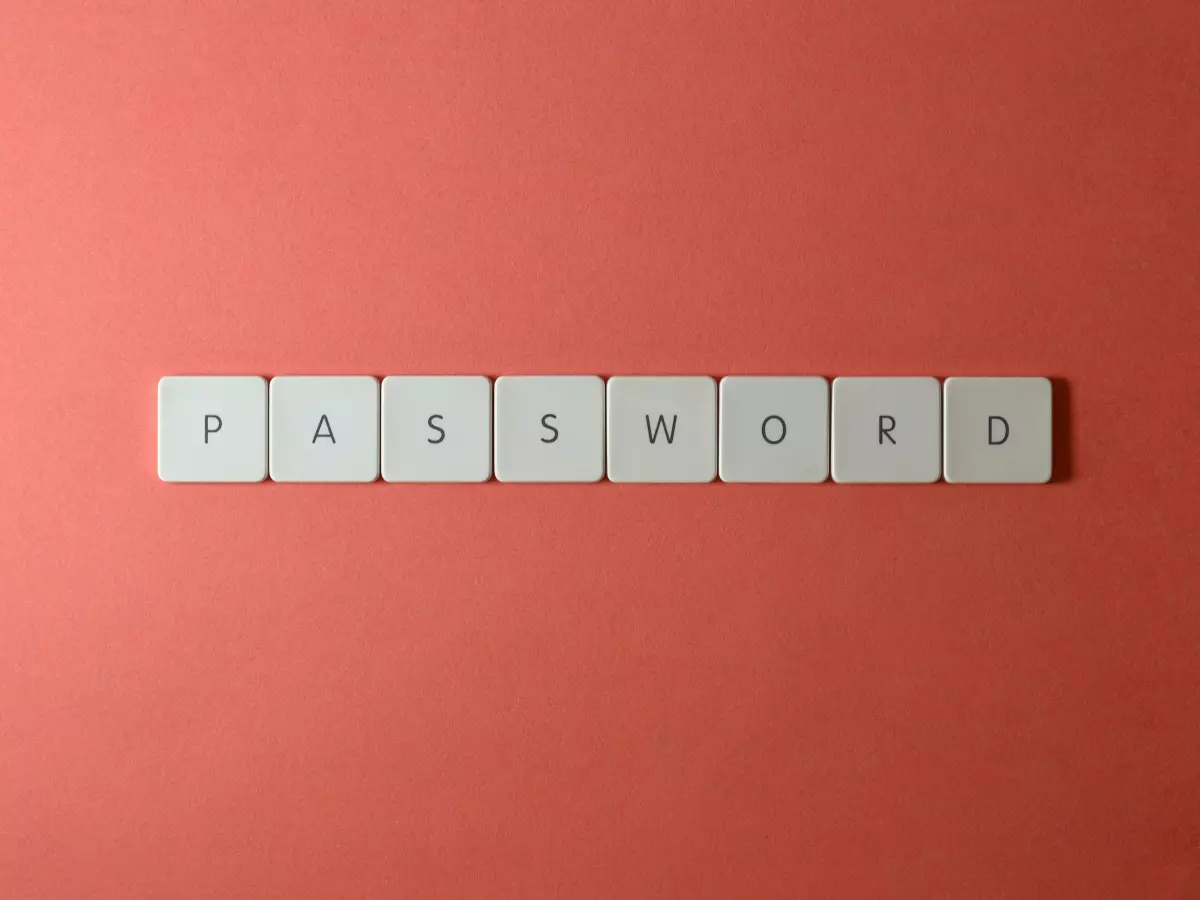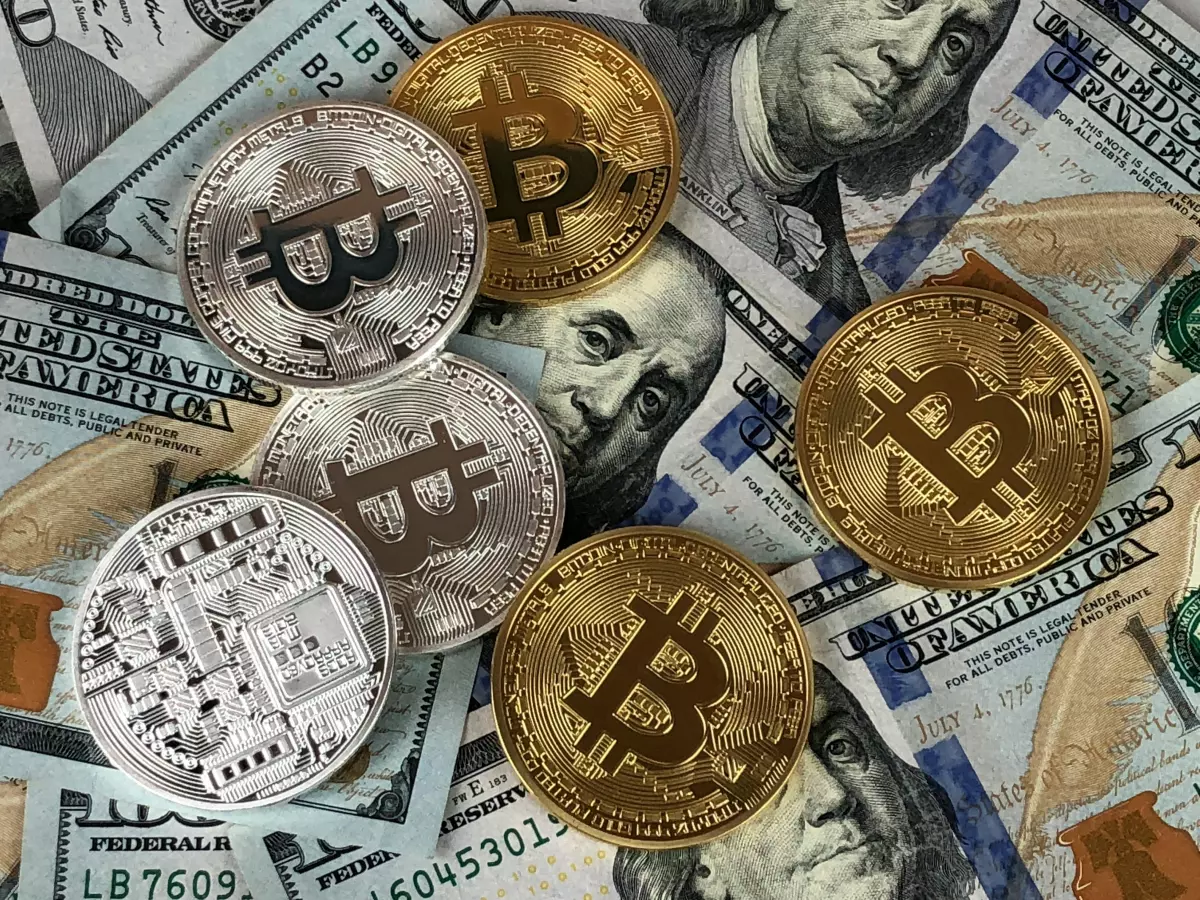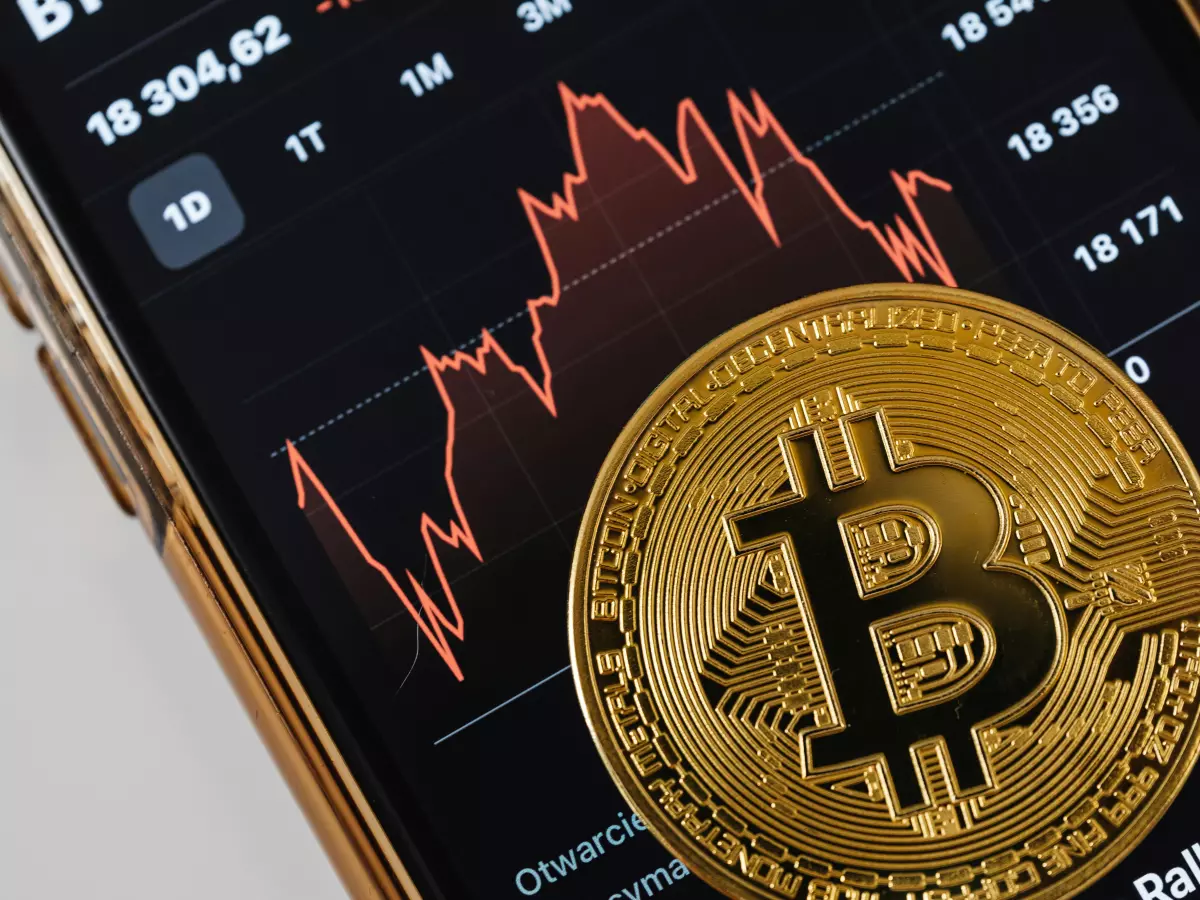Blockchain Wallets
Remember when losing your wallet meant losing your cash? Well, in the crypto world, it's a whole different ball game.

By Hiroshi Tanaka
Back in the day, if you lost your wallet, you’d probably just lose a few bucks and a couple of loyalty cards. But in the age of cryptocurrency, losing your wallet could mean losing a fortune. And no, I’m not talking about that old leather thing in your pocket. I’m talking about blockchain wallets—the digital vaults that hold your precious crypto assets.
Blockchain wallets have come a long way since the early days of Bitcoin. In the beginning, crypto enthusiasts were mostly tech-savvy individuals who didn’t mind the complexity of managing private keys and public addresses. But as cryptocurrency became more mainstream, the need for user-friendly and secure wallets became apparent. Fast forward to today, and we have a variety of blockchain wallets, each designed with security protocols to protect your digital assets from hackers and other cyber threats.
How Blockchain Wallets Work
At its core, a blockchain wallet is a software program that interacts with the blockchain. It allows users to send and receive cryptocurrency while keeping track of their balance. But here’s the kicker: unlike traditional wallets, blockchain wallets don’t actually store your cryptocurrency. Instead, they store your private and public keys, which are used to access your digital assets on the blockchain.
The public key is like your bank account number—it’s what you share with others to receive funds. The private key, on the other hand, is like your PIN code—it’s what you use to authorize transactions. If someone gets hold of your private key, they can access your funds. This is why securing your private key is crucial.
Types of Blockchain Wallets
There are two main types of blockchain wallets: hot wallets and cold wallets. Let’s break them down:
- Hot Wallets: These are connected to the internet and are more convenient for everyday transactions. However, because they’re online, they’re more vulnerable to hacking attempts. Examples include mobile wallets, desktop wallets, and web wallets.
- Cold Wallets: These are offline wallets, making them much more secure. They’re ideal for long-term storage of large amounts of cryptocurrency. Examples include hardware wallets and paper wallets.
While hot wallets are great for quick access, cold wallets are the go-to choice for serious crypto holders who prioritize security over convenience.
Security Protocols in Blockchain Wallets
So, how do blockchain wallets keep your crypto safe? Let’s dive into the security features that make these wallets so reliable:
- Encryption: Most blockchain wallets use encryption to protect your private key. This ensures that even if someone gains access to your wallet, they won’t be able to read your private key without the decryption key.
- Two-Factor Authentication (2FA): Many wallets offer 2FA, adding an extra layer of security. With 2FA, you’ll need to provide a second form of identification (like a code sent to your phone) before you can access your wallet or authorize a transaction.
- Multi-Signature (Multi-Sig): Some wallets use multi-signature technology, which requires multiple private keys to authorize a transaction. This is especially useful for businesses or joint accounts, as it ensures that no single person can move funds without the approval of others.
- Backup and Recovery: Most wallets offer backup and recovery options, allowing you to restore your wallet if you lose access to it. This usually involves writing down a recovery phrase (also known as a seed phrase) that you can use to recover your wallet in case of emergency.
Common Security Threats
Despite the robust security features of blockchain wallets, they’re not immune to threats. Here are some common security risks you should be aware of:
- Phishing Attacks: Hackers often use phishing emails or fake websites to trick users into revealing their private keys or recovery phrases. Always double-check URLs and never share your private key with anyone.
- Malware: Some malware is designed to steal private keys or intercept transactions. Make sure you’re using a secure device and keep your software up to date.
- Social Engineering: This is when hackers manipulate individuals into giving up sensitive information. Be cautious of unsolicited messages or requests for personal details.
Future of Blockchain Wallet Security
As cryptocurrency continues to evolve, so too will the security of blockchain wallets. We’re already seeing advancements like biometric authentication and decentralized wallets that give users even more control over their funds. In the future, we can expect even more sophisticated security measures to protect against emerging threats.
But at the end of the day, the best way to keep your crypto safe is to stay informed and vigilant. Use a combination of hot and cold wallets, enable 2FA, and never share your private key with anyone. After all, in the world of crypto, security is king.





